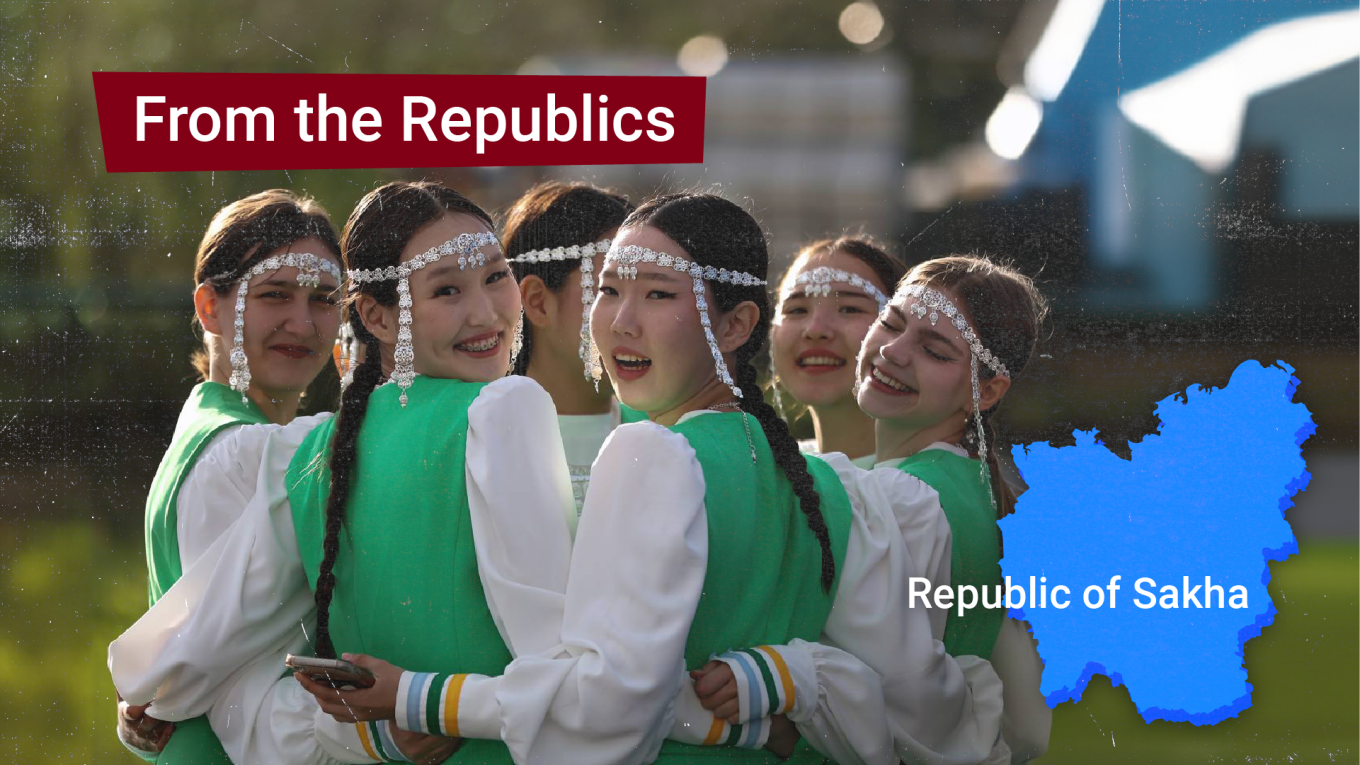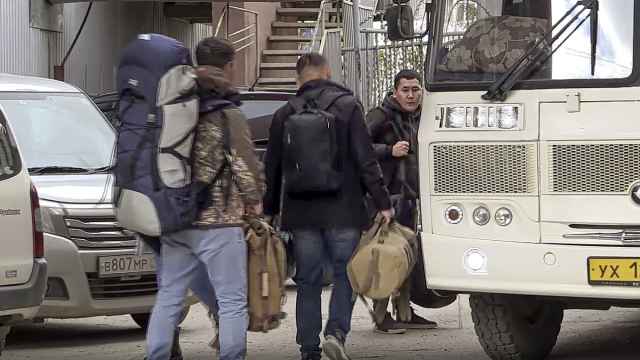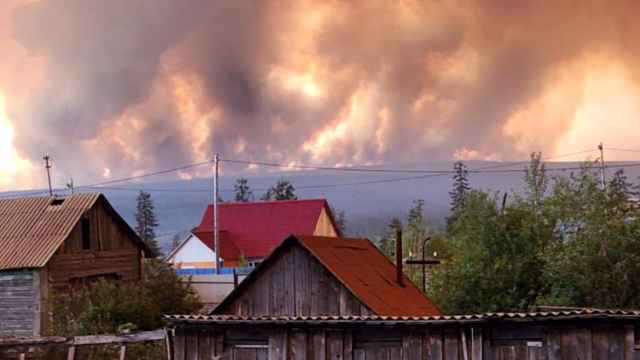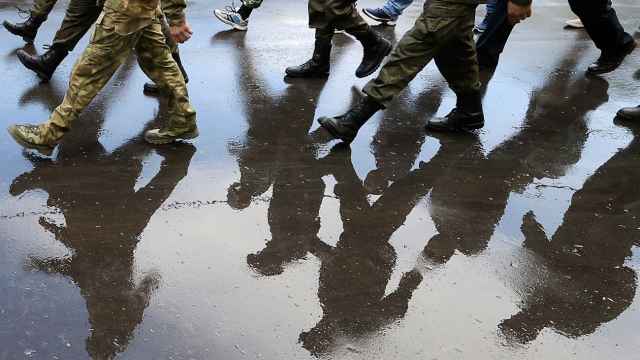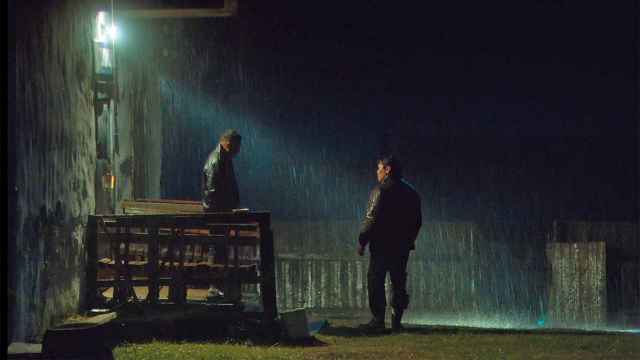Yakutsk, the capital of the Far Eastern republic of Sakha (Yakutia), is hosting the Children of Asia games this month, an international sporting event for children and youth from the Asian continent.
To those who have never heard of the games before, Children of Asia might seem like yet another sportswashing project engineered by the Kremlin to break through the wall of wartime geopolitical isolation — similar to the BRICS games held in Tatarstan’s capital Kazan last month, which attracted so few participants that some Russian athletes were literally competing against themselves.
In fact, Children of Asia, a brainchild of Sakha’s first President Mikhail Nikolayev, is the embodiment of the unfulfilled dream of a sovereign and democratic republic of Sakha.
Sargylana Kondakova, co-founder of the region’s largest anti-war and Indigenous rights group Free Yakutia Foundation, described Nikolayev as a man who “believed in the dream of prosperous and democratic Sakha.”
“This dream was infectious,” she recalled in a conversation with me recently.
Nikolayev, who led the republic during the so-called “parade of sovereignties” era and until 2002, managed to realize a swath of ambitious projects aimed at pulling Sakha away from the Kremlin’s orbit, including making English the republic’s third official language and introducing an array of government-funded student exchange programs with foreign countries, including the U.K.
Sakha’s first president was also passionate about sports and firmly believed that promoting sports among youth could aid the fight against alcoholism, a never-ending epidemic first brought to natives of the vast Arctic republic by Russian colonizers.
So in 1996, Yakutsk hosted the first Children of Asia games, which then attracted 250 young athletes representing Sakha, Kazakhstan, China, South Korea, Kyrgyzstan, Mongolia, Thailand and Russia’s republics of Buryatia and Tyva, as well as the Agin-Buryat autonomous district (now part of the Zabaykalsky region).
“It felt like the beginning of a free, democratic life,” recalled Kondakova, who was among the audience of the inaugural games that became an overwhelming success and concluded with a full-house performance by German R&B band Boney M.
But much like Sakha’s sovereign rights, the games were taken away from the region by the Kremlin, which even moved the event outside the republic for three years starting in 2019.
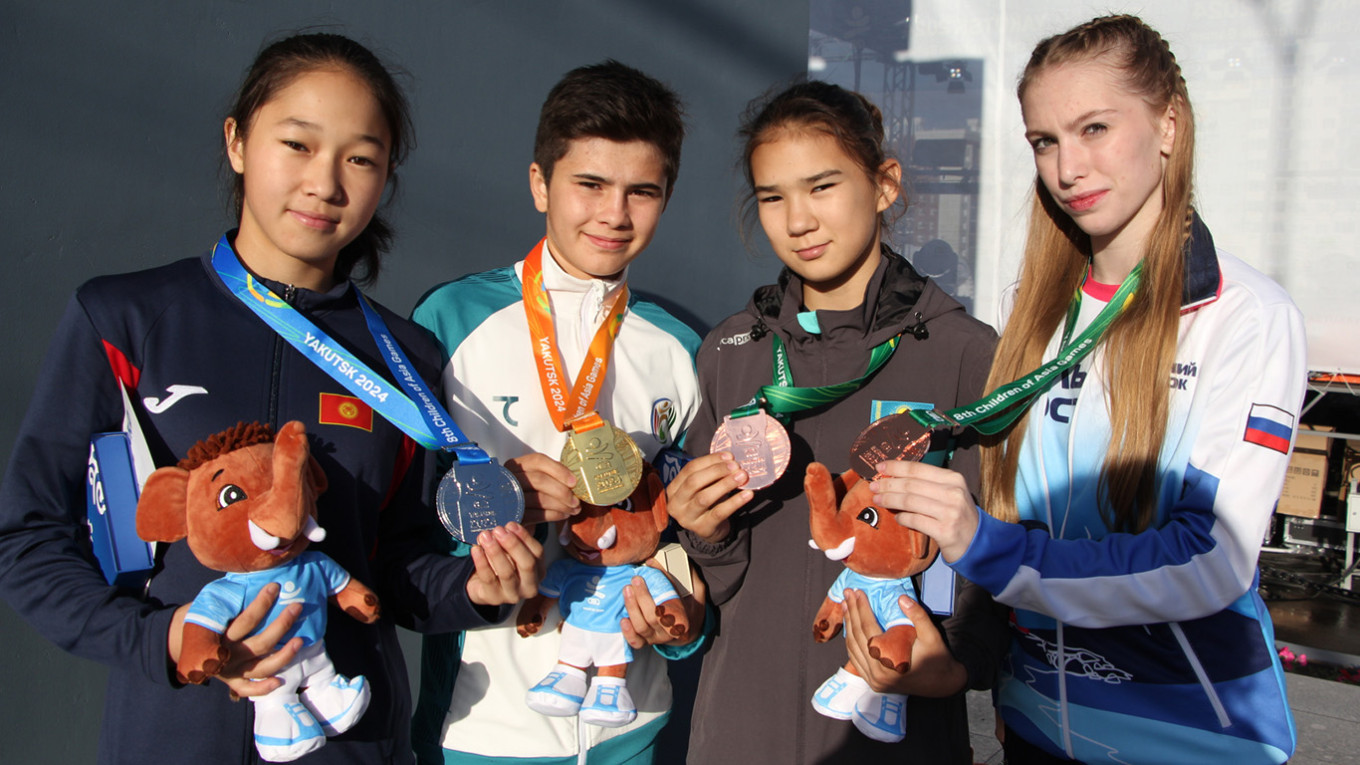
The return of the games to Sakha this year is bittersweet. It is a reminder of a dream lost, but also a respite from grim realities.
Sakha has been ravaged by the Kremlin's endless search for fresh human and material resources for the war in Ukraine, becoming among the top regions with the most war casualties per 10,000 working-age men.
Attesting to this are chilling videos from last week’s celebrations of Yhyakh, the New Year marked by Indigenous Sakha peoples, which show very few men present.
There is no surprise in Yakuts being eager to attend the games and events surrounding them, though the war creeps in everywhere.
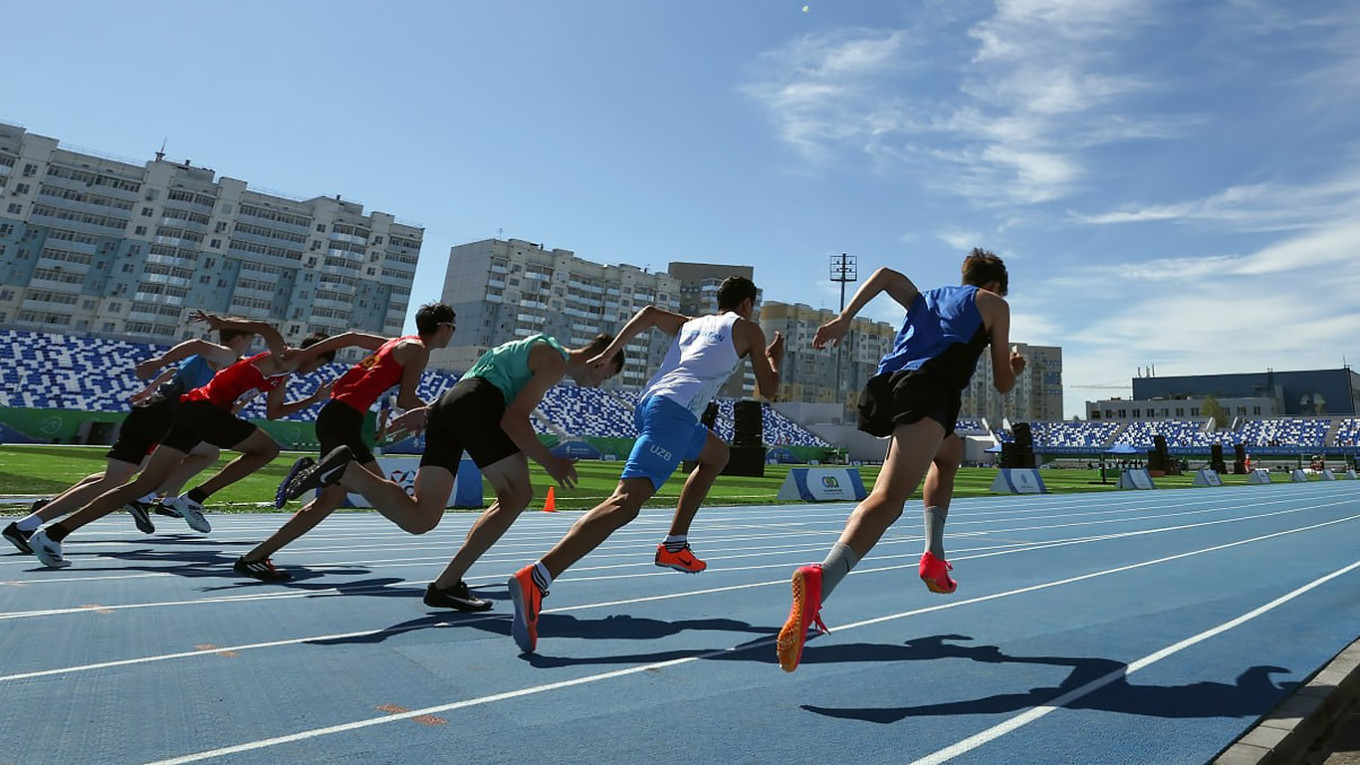
Like other international events held in Russia since 2022, a handful of the Kremlin’s remaining allies are overrepresented among Children of Asia’s 24 participating states, while South Korea and Georgia sent one athlete each.
And one of the games’ headlining music acts, popular Yakutian singer Green Apelsin, risked having her concert canceled after pro-war bloggers and government officials took note that the artist spoke out against Russia’s invasion of Ukraine at its outset, though has since deleted all war-related statements from her social media.
Ultimately, the singers performed in front of a sea of people in downtown Yakutsk on Thursday.
“One thing remains constant: I am a doll in a cage,” goes Green Apelsin’s hit song The Puppet.
“The puppeteer pulls the strings, but who is hiding behind his face? He holds me tightly.
He is cold and cruel,” the lyrics continue. It is difficult not to see them as a metaphor describing the faith of Green Apelsin’s native land.
A Message from The Moscow Times:
Dear readers,
We are facing unprecedented challenges. Russia's Prosecutor General's Office has designated The Moscow Times as an "undesirable" organization, criminalizing our work and putting our staff at risk of prosecution. This follows our earlier unjust labeling as a "foreign agent."
These actions are direct attempts to silence independent journalism in Russia. The authorities claim our work "discredits the decisions of the Russian leadership." We see things differently: we strive to provide accurate, unbiased reporting on Russia.
We, the journalists of The Moscow Times, refuse to be silenced. But to continue our work, we need your help.
Your support, no matter how small, makes a world of difference. If you can, please support us monthly starting from just $2. It's quick to set up, and every contribution makes a significant impact.
By supporting The Moscow Times, you're defending open, independent journalism in the face of repression. Thank you for standing with us.
Remind me later.



